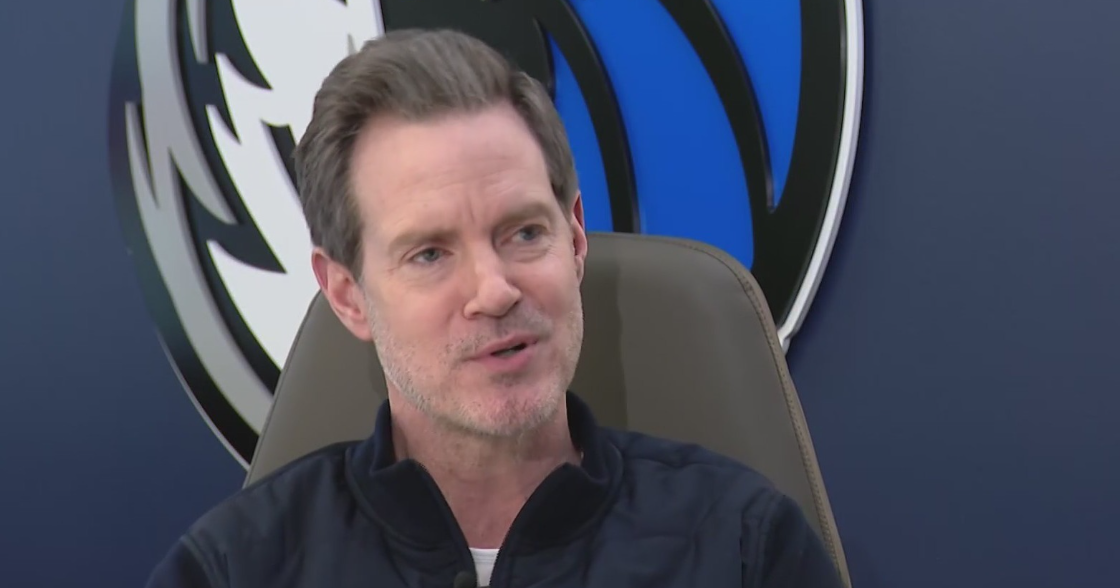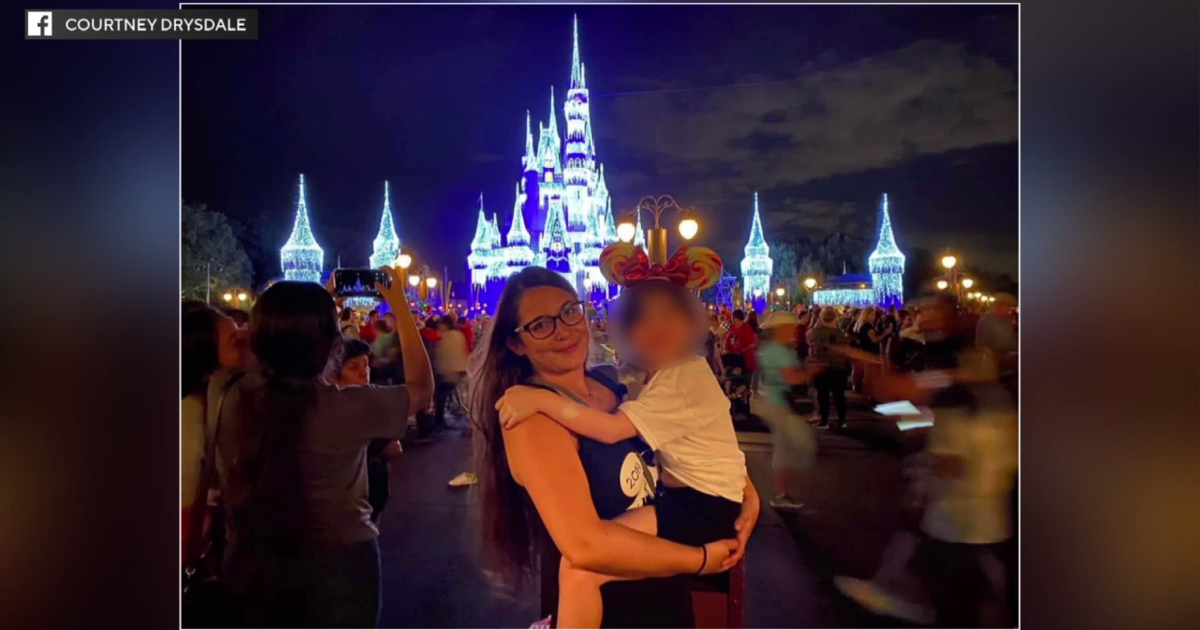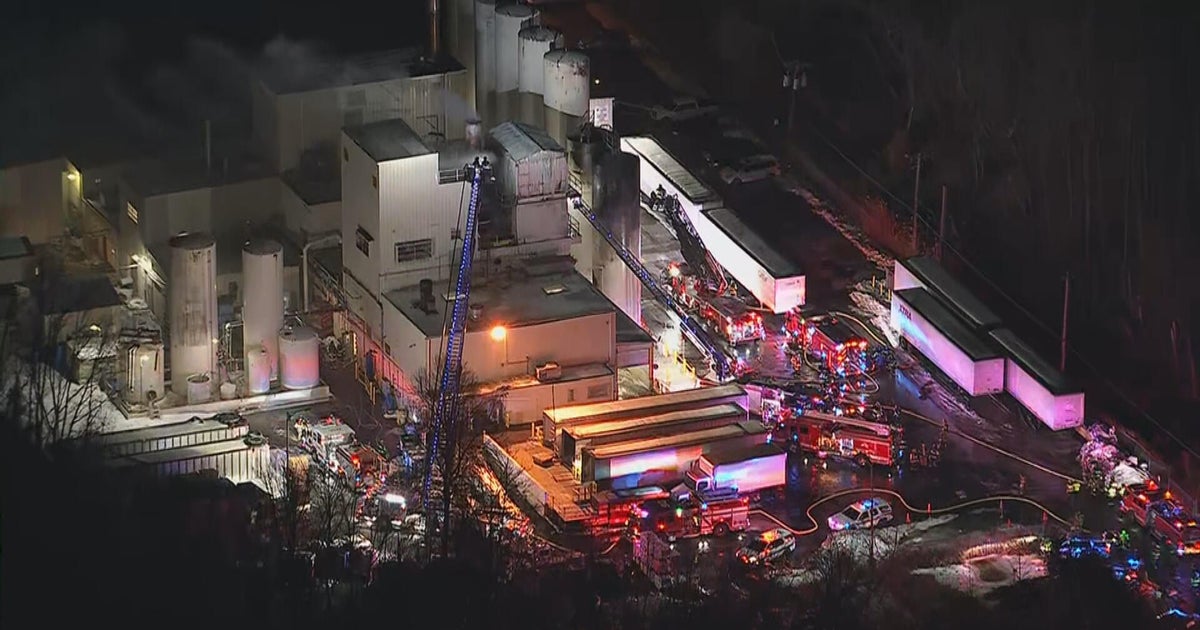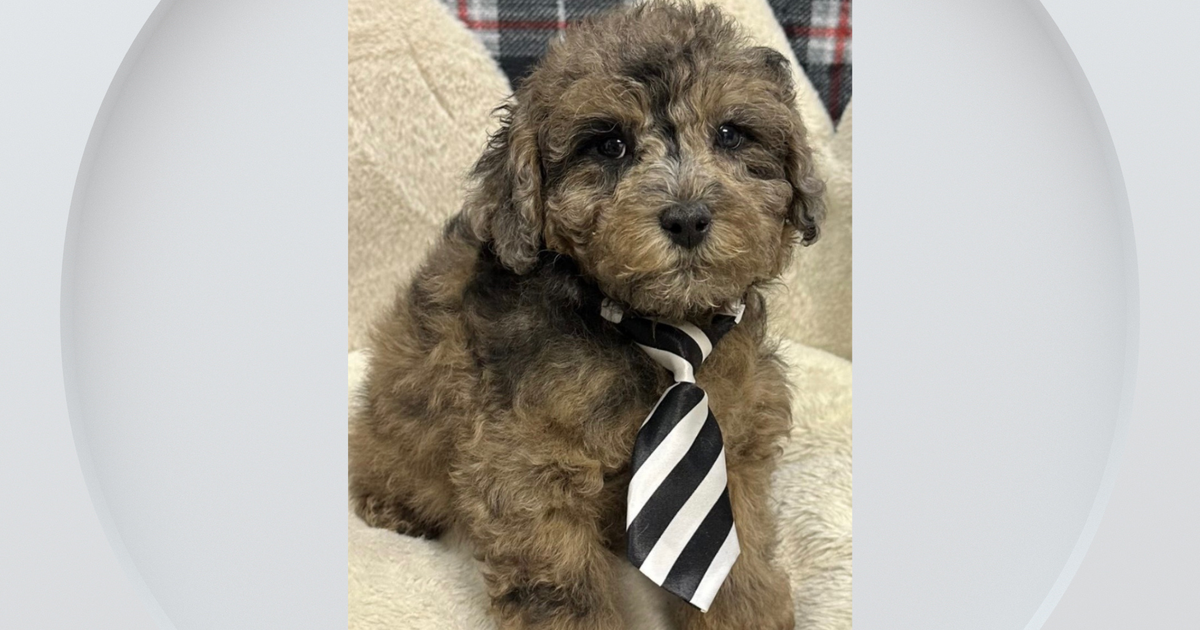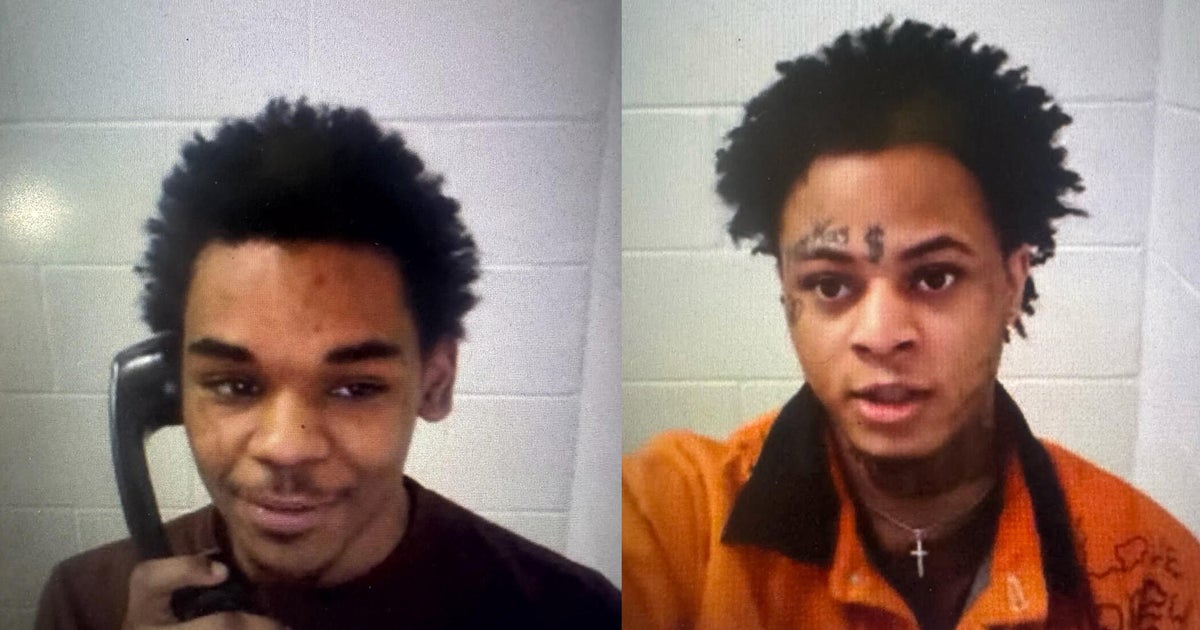Facial-Detection Technology Entering The Marketplace
CHICAGO (CBS) -- You may not realize it, but the subtle details of your face are being scanned by cameras and computers at some stores, in front of some billboards, even at bars.
Sound disturbing? CBS 2's Vince Gerasole takes a look at how marketers are getting in your face.
During a recent trivia night at Declan's Bar, a new app, called Scene Tap, had the answers to some not-so-trivial questions.
"I can see how many people are in the bar, the guy-to-girl ratio and the average age of the guys and girls," Steve Eberle tells CBS 2's Vince Gerasole.
Most were unaware that a Scene Tap camera overhead has scanned the face of every single person entering the bar. It determined the crowd was is 37 percent female and 63 percent male; the average age for the men was 27 and for women, 25.
Patrons had different reactions to the high-tech analysis.
"It doesn't bother me. I figure anytime you go out in public you are on camera everywhere you go," Tali Korrub says.
But Jeremy Spector said, "I think it's creepy."
Eberle says there's nothing Big Brother-ish about it.
"There are no privacy issues. Once the data is calculated, which takes a matter of seconds, it's immediately erased," he says.
It's called facial-detection software, which can scan the features of your face, reducing them to a mathematical formula, and comparing that to a database of more than 10,000 other faces to determine age and gender.
Ed Kaczmarek, Kraft's director of innovation, says the system technically isn't taking your picture.
Kraft Foods is using the software to scan faces at test kiosks, dispensing samples of a new adult-flavored pudding only to those who look old enough to buy it
Retail marketer Ben DiSanti of TPN Marketing says there are mixed feelings in the marketplace.
But he says it could help consumers make decisions. For example, Adidas scans faces at an interactive wall to display shoes tailored to a consumer's age and gender.
"As people see it being used more and more, they will become more comfortable with it," Disanti says.
Meanwhile, Verizon has adapted more detailed facial recognition software with its Samsung Galaxy Nexus smart phone. The owner's face unlocks its features.
Though marketers say these applications are benign, some consumer groups worry that as they become more elaborate they have the potential to create serious privacy risks.
The Federal Trade Commission is even suggesting the scans be made more obvious and that consumers have the ability to opt out of the experience.

